
March 1, 2007

Phil Grizzard March 1, 2007 |
|

|
|
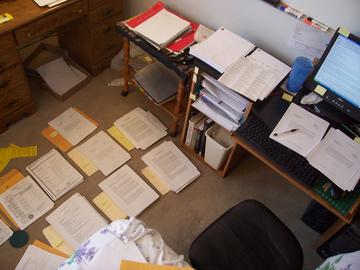

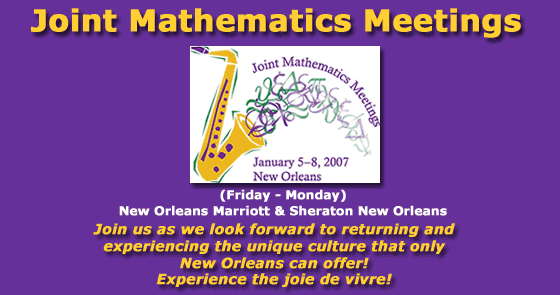
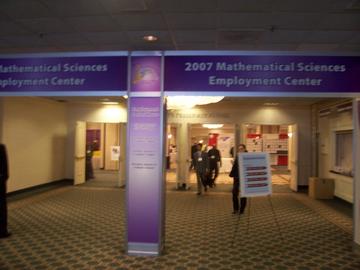
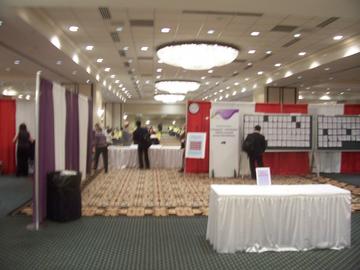

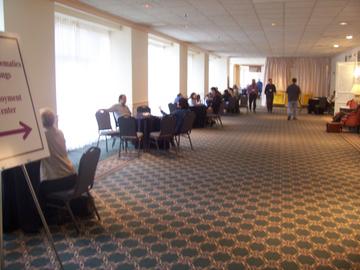
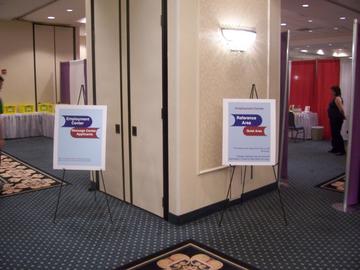
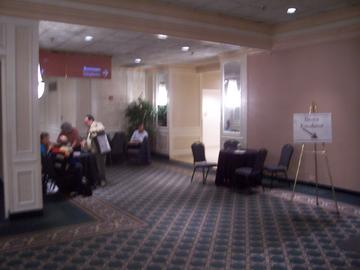
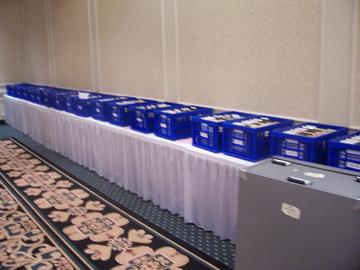
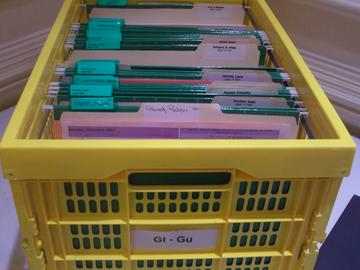
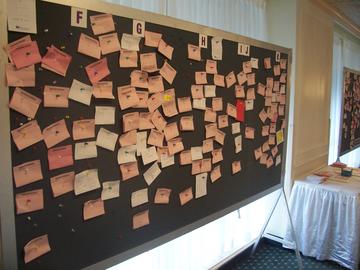
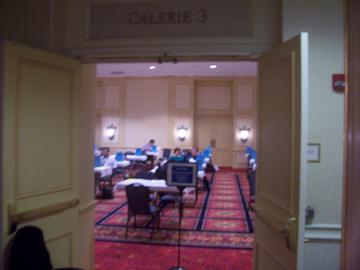


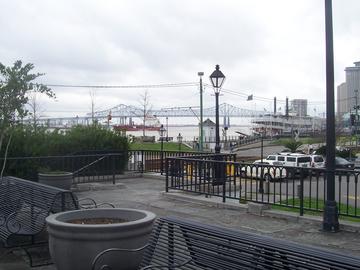
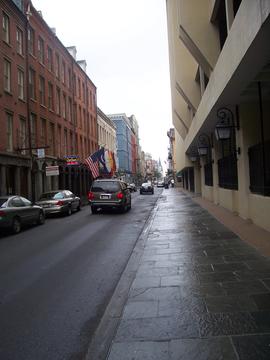
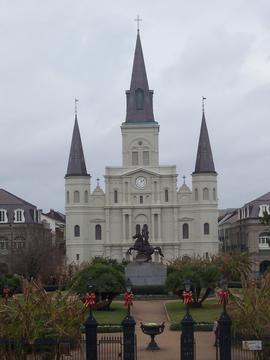
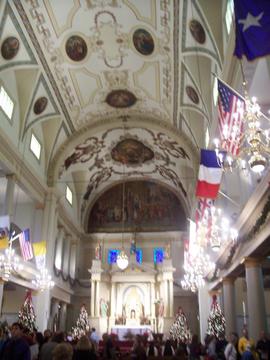

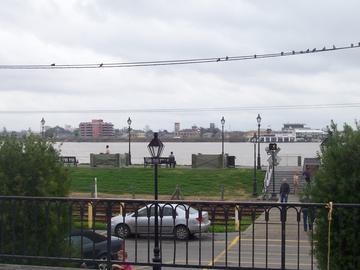
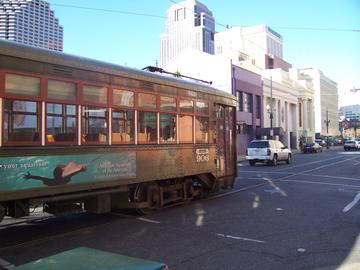
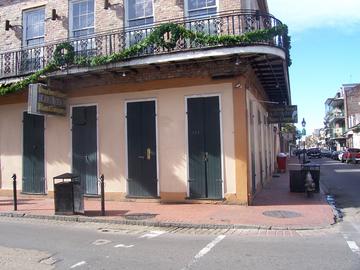
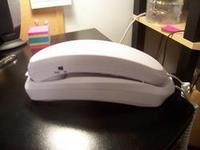

|
The next message in my inbox, however, was from a professor at Westminster College whom I had met with in New Orleans. The bulk of the message said: |
I am writing to gauge your interest level in this position. My colleague and I were very impressed with your qualifications and attitude toward teaching, and we both felt that you would be an excellent fit in our department. However, it seemed that you were very concerned about the teaching load, and the time that would be left for research. We are in the process of finalizing our list of candidates to bring to campus, and would like to know if you still have a serious interest in our college. If you have decided that our teaching load (12 hrs/sem) is just too much, I understand completely, and wish you well in your job search. I appreciate your time.The funny thing is that Westminster is the college that I had arrogantly written off in my head as being too small and rural to "get somebody like me." This message from them seemed almost dismissive, like they had picked up on my thoughts and so doubted I would want to go there. But now that my adrenaline ego rush had passed, along with two weeks of uncertainty and a rejection by what was originally my #1 liberal arts school, I had a bit of a different perspective. I immediately replied that I was still interested.

|
That school was The University of Arizona. After thinking for a day that I may have unintentionally pushed them away at the interview, I decided to send an email to the current Teaching Postdoc who had talked to me at the Joint Meetings. I explained my thoughts and concluded my email with, "So basically I'm looking for some reassurance that Arizona knows that I am seriously interested in the job." |

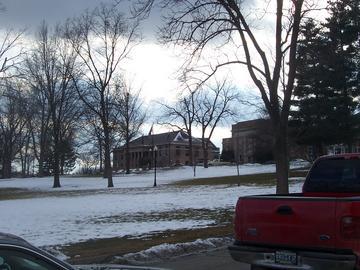
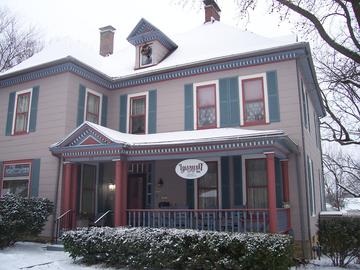
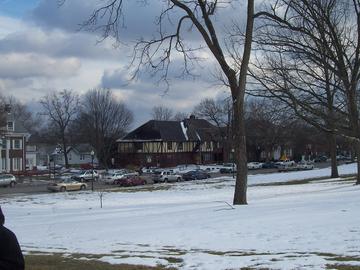
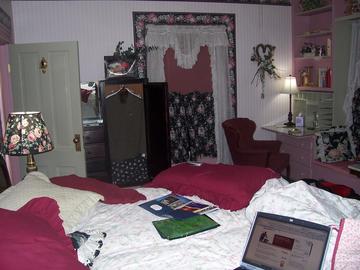


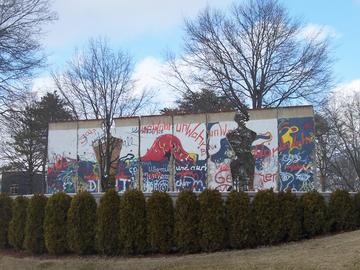
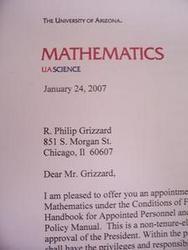
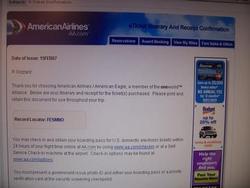
I'm sorry for not responding to you sooner; but a number of things came up that prevented me from getting back to my email until now. In our meeting yesterday, the Department's hiring committee expressed to me that, in the interests of our search process, they could not recommend extending your deadline to Feb 23. However, I was able to get them to approve extending the deadline until Feb 15 (one week from today). This is the best I can do. I still hope that it may be possible for you to decide to come to Arizona. I believe that your presence here would be a very positive and beneficial experience for the Department and for you and your career. Of course I also understand that the possibility of securing a a tenured or tenure-track position is something that you must take very seriously.Uh-oh. I had a campus visit scheduled for the 15th and 16th at the tenure-track state school. I realized that I hadn't been very specific with the Arizona chair in terms of my request for more time. It appears that the committee thinks I'm just aimlessly looking around, when in reality I have a specific itinerary set. I didn't think to relay all the details to Arizona when I finalized the campus visit, but I should have done that. It would have been nice, though, if the chair had told me sooner—this was now a full week since the conversation in which I made the request. But I understand; they have a lot of other things going on, and this is only one of a number of open positions they are filling. So I immediately wrote the chair at Arizona back and explained my situation, asking for the full extension. I gave the specifics of my itinerary, and even described my "partially ordered sets" decision-making process.

1) I didn't get the necessary extension from Arizona,My advisor was shocked when he heard how she had acted: "I'm sorry; I would have cautioned you about this possibility if I could have conceived of it." Another professor said that in all her years of academia, she had once heard of a chair behaving like that in a different field, but never in mathematics.
2) the tenure-track state school booked a non-refundable flight for a campus visit, and
3) the chair went berzerk.
Thank you for explaining the details of your situation more clearly to me. After having had the chance to make some further consultations with members of our hiring committee and based on the information you have provided, I can extend your deadline until Feb 19. If you are able to make your decision before that date I would greatly appreciate knowing it sooner rather than later.OK, so now this drama was turning into a comedy. I chuckled about it as I worked on my defense slides. The next day was Monday the 12th, the original deadline for the Arizona offer and the day before my defense. I got a call from another tenure-track state school. They had 4 openings, and apparently I had been #5 on their list. When one candidate took another offer, I was at the top of the list. They invited me for a campus visit. It was fun to think about, but no, I was pretty sure we were set on Arizona, and after last week's debacle I was ready to be done with the process for now. I declined their invitation, but mentioned that I would be available again in three years. The guy said, "Mention in your cover letter that you were almost here." That's pretty cool—it's good to know I didn't burn all my bridges!
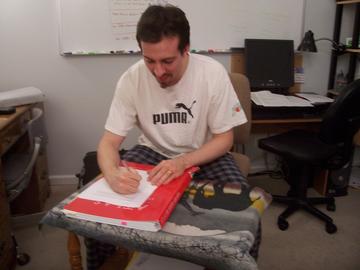
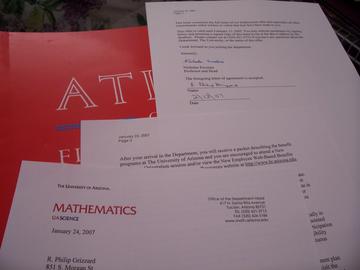
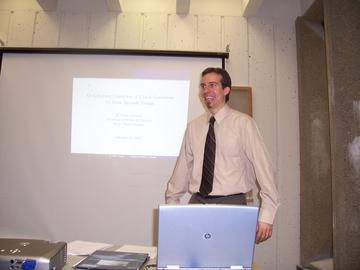
So thanks for reading. I defended my thesis and got a job. I'll be moving to Tucson in August, even though to this day I've never even been in the state of Arizona! Feel free to email me philgrizz@gmail.com if you have any comments or questions.

I scheduled my early #1 choice of schools as my first interview at the Joint Meetings. It would have been better to have had other interviews beforehand, so that I would have been more prepared going in to the interview for my top choice. I would have known what to focus on and how to present things better. It might even have been best to put my top choices on the second day of the meetings. 
My portfolio presentation made a lot of schools very interested in me. I did get feedback later that some people may have felt that I sort of hijacked the interview. Particularly in a short time slot, I probably should scale back my spiel just a bit. I should stick a little closer to the topics they bring up and make sure to respect their need to get through their questions. 
I am glad I asked probing questions of the schools, because it allowed me to start splitting hairs to figure out the differences between places. But somehow my questions, tone, and body language led several schools to think that I wasn't really interested in them, when I actually was. (For the schools I was not interested in, I told them flatly.) It would be great if I could find a way to probe while still being positive and making the interviewers understand that even though I am looking at several places, I am still very much interested in their school. This is an art that I imagine is very difficult to perfect. 
I could have been in more frequent correspondence with schools after the Joint Meetings. I found if I contacted them, they would always update me on their situation. But if I didn't contact them, they would be working behind the scenes and making decisions without notifying me. In particular, follow-up correspondence probably would help let schools know that I am still interested in them. 
At the same time, correspondence is very tricky. Perhaps I should have been a bit more careful when I panicked and sent the email to the Teaching Postdoc at Arizona. I just wanted to know if I had been passed over or not; I didn't mean for them to rush their process and send me an offer! It's possible that the offer call might have come that day anyway without my email, but I believe there is a connection. My impatience threw off the timing and ultimately forced me to abort my plans for a fully considered search. What a delicate process! 
I should have been very specific with the chair at Arizona when asking for the extension. My ambiguous request for more time may have annoyed the committee. Perhaps they thought that I was just playing around before making a decision. When they only gave me a three day extension, I originally thought it was a little arrogant of them. But when they actually heard all the details of my plan and decision-making process, they very quickly approved the necessary extension. If I had given a thorough explanation in the first place, I would not have had the conflict with the other campus visit.